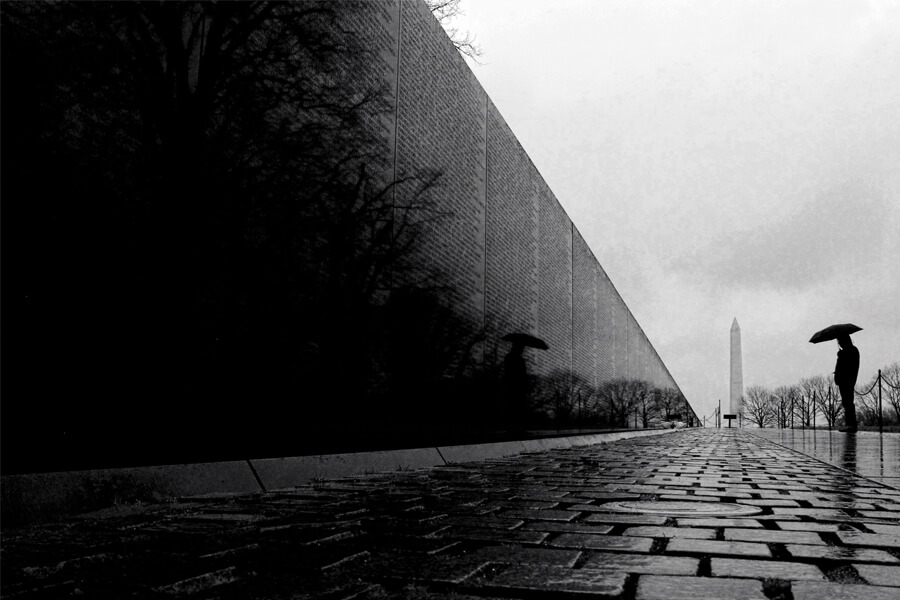Reflections in Black Granite
| Author: | William Meiners |
|---|---|
| Magazine Section: | Strategic Growth Initiative |
| College or School: | CoE |
| Article Type: | Article |

Manu Shah’s American dream first took shape in India in 1957, standing in food subsidy lines as a 12-year-old boy. The ninth of nine children, Shah (MSME ’68) wondered about the powdered milk and other U.S.-imported goods. “This country donates,” he thought. “That’s fantastic.”
In ninth grade, Shah gained early admission to a science club reserved for 10th graders by building a working telegraph. A decade later, after earning an engineering bachelor’s degree from the University of Bombay, he stepped onto Purdue’s campus for graduate work.
Shah and his wife Rika struggled a bit to adapt to America. “I had a hard time speaking English. I studied in my mother tongue but did engineering in English,” says Shah, who nevertheless earned near-perfect grades and used job interviews to “learn how to talk to other people.”
Memorials and Business Breakthroughs
Shah held down a full-time engineering job at International Harvester when he and Rika founded M S International (MSI) in their Fort Wayne basement in 1975. Originally importing granite from India for headstones and memorials, MSI soon made its way into high-end kitchens, importing natural stone, porcelain and other materials from three dozen countries. Through it all, Shah paired a strong work ethic with a family-based approach.
Securing the black granite for the Vietnam Veterans Memorial Wall became a make - or - break deal for MSI in the early 1980s. Fraught with controversy involving everything from the artist’s ethnic background to a design that did not glorify war, the wall almost didn’t get made.
The designer, Maya Ying Lin, whose parents fled communist China, said more by saying less. “Lin wasn’t making a statement,” Shah says. “She wanted people to look at their reflection in the stone, see the 58,000 names, and decide for themselves what war means to them.”
Yet the black granite made its way to American shores, the controversy subsided, and the wall was dedicated on Veterans Day in 1982. The Shah family, which included his two young sons, attended the Washington D.C. dedication. Shortly thereafter, Shah quit his “real job” at International Harvester to focus on growing MSI. They moved to Los Angeles in 1984 to be closer to the country’s largest port in Long Beach.
Supported I2D Ideas
Raising their sons in the family business, Shah jokes about breaking every child labor law in the country. Raj and Rup Shah first retrieved the mail, then later entered checks into spreadsheets. As teenagers, they balked at some work, but soon developed the business acumen that would send them off to good colleges and New York banking jobs.
“I wanted my sons to understand the feeling of being employees before becoming employers,” Shah says, “One worked five years and the other worked seven before rejoining us in 2003.”
The family business thrives as an industry leader with more than 1,600 employees in the United States. Now, with Raj and Rup in leadership roles, the elder Shahs have turned more to philanthropy. Shah feels particularly connected to the work in Purdue’s Innovation for International Development (I2D) Lab.
Having grown up in rural India, Shah believes a robust development of rural areas could keep people from having to move into overcrowded cities to make a living. “The I2D Lab is doing a lot of this development,” he says.